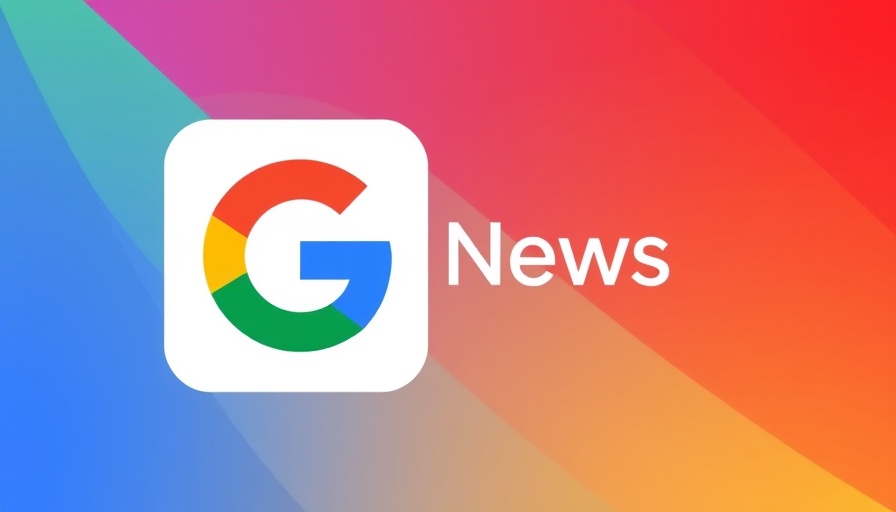
The Rise of AI and Its Impact on Employment
In recent years, artificial intelligence (AI) has dramatically transformed the workplace, with some workers now facing job displacement due to technological advancements. The narrative surrounding AI takes on fresh significance as employees recount experiences of being replaced or undervalued in favor of AI solutions. One poignant story shared recounts a worker overhearing their boss casually suggest to simply "put it in ChatGPT" rather than engage human talent for various tasks. This marked a turning point, not just for the individual but for many who find themselves navigating career uncertainty in an era warmly dubbed the 'AI revolution.'
Embracing Change: AI as a Tool, Not a Threat
As technology enthusiasts and professionals alike ponder the implications of AI, it is essential to view these advancements as tools that can augment human capabilities rather than outright replacements. The essence of AI, particularly in the workspace, lies in its potential to foster efficiency and productivity. Employees can embrace AI-driven solutions to automate routine tasks and shift their focus towards more strategic initiatives that rely on creativity, empathy, and emotional intelligence—traits that still remain uniquely human.
Social Connection: The Need for Human Touch in AI Integration
The social aspect of the workplace cannot be overlooked. As AI systems take over more analytical and repetitive tasks, the human connection—creative brainstorming, relationship building, and emotional support—becomes ever more critical. Companies should recognize this need and strive to create environments where technology complements human interaction rather than replacing it. Retaining this balance is vital to sustain a positive workplace culture while maximizing the benefits that AI brings.
Future Predictions: AI in the Workplace of Tomorrow
The future of AI promises exciting evolution with predictions ranging from enhanced collaboration tools to sophisticated customer analytics, predicting trends, and improving business strategies. As additional innovations arise, industries must adapt accordingly, blending human insight with AI's data-driven precision. By 2025, the landscape may include augmented reality interfaces powered by AI for training or data visualization that can significantly change how organizations operate.
Actionable Insights: How to Navigate the AI Era
For those currently feeling the effects of AI in their careers, there are several steps to take: upskilling becomes crucial. Exploring resources related to AI programming for beginners, familiarizing oneself with machine learning fundamentals, and understanding deep learning basics will enhance your adaptability in a changing job market. Consider engaging with AI tutorials or beginner's guides to AI to gain insight into making AI work for you rather than against you.
Conclusion: Embracing AI for a Brighter Tomorrow
As we navigate this tech-savvy age, understanding AI concepts and being open to learning will empower professionals. In an ever-evolving job landscape, those who embrace the transformative potential of AI will find greater opportunities ahead. Thus, take a moment to delve into the wealth of AI learning resources available today. Whether through online courses or workshops, becoming equipped for the future starts now!
 Add Row
Add Row  Add
Add 




 Add Row
Add Row  Add
Add 



Write A Comment